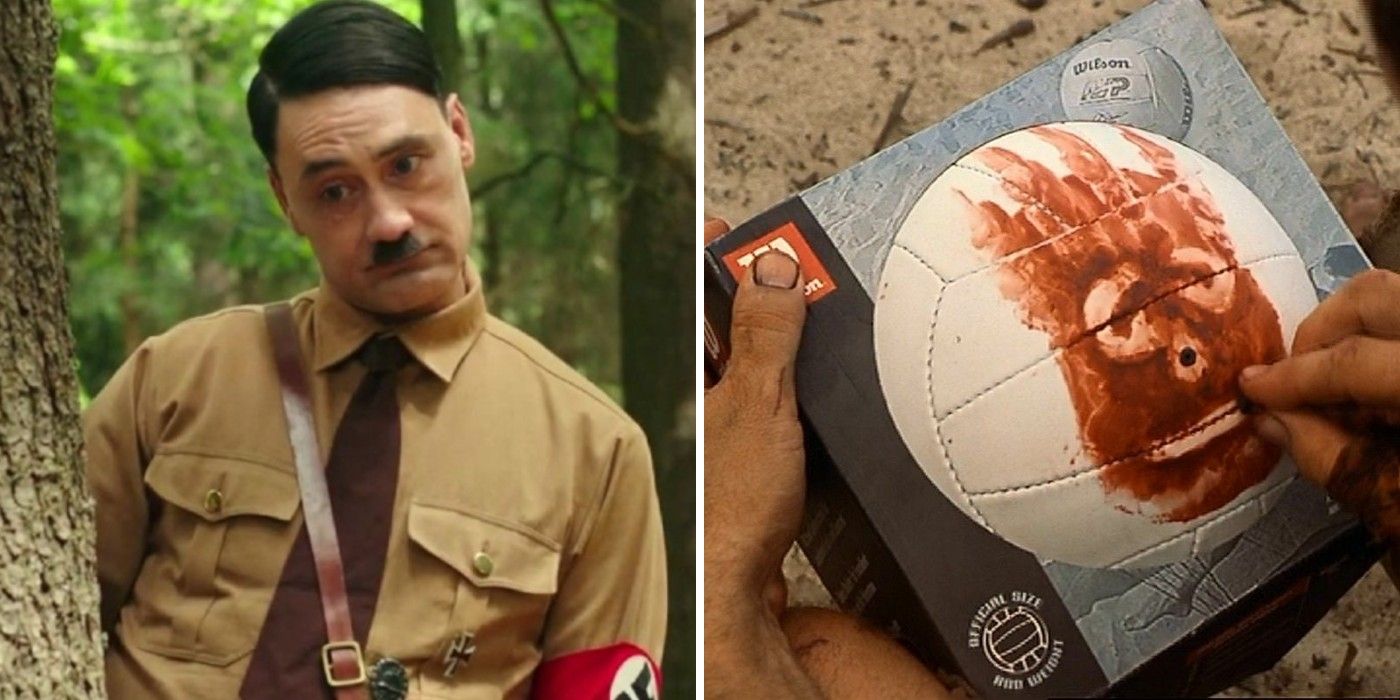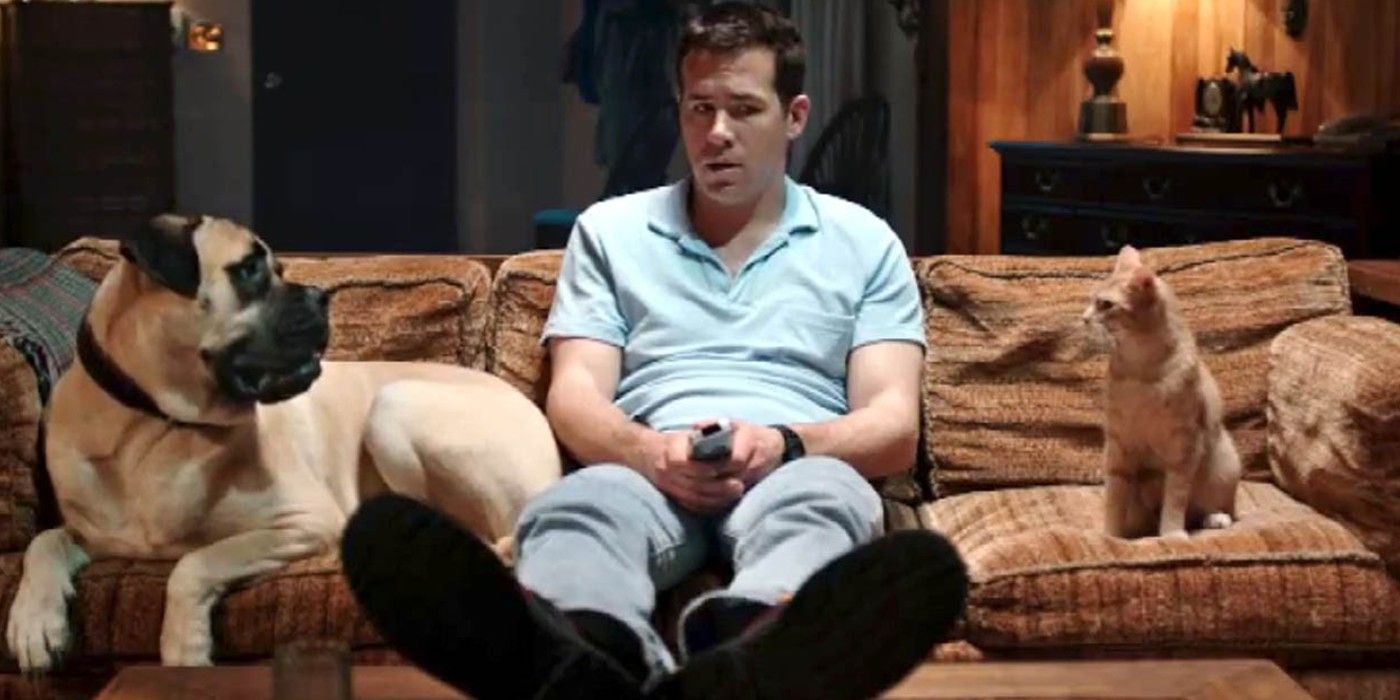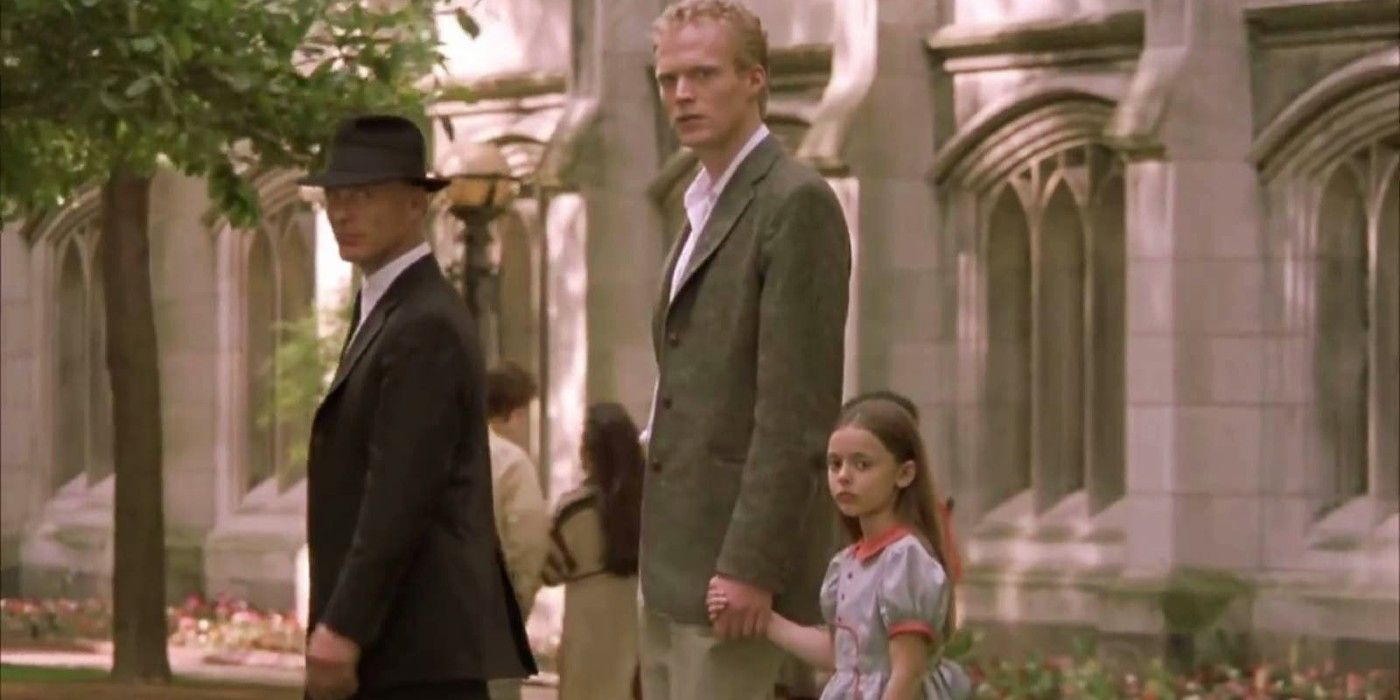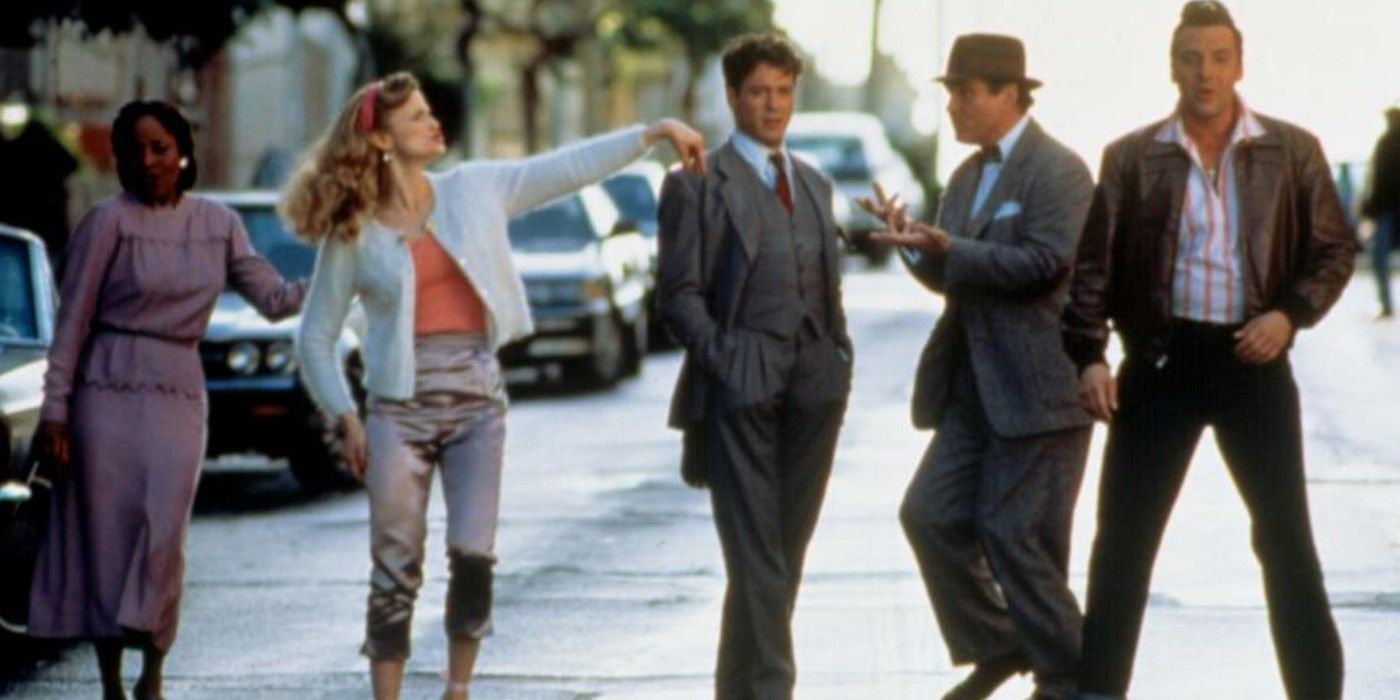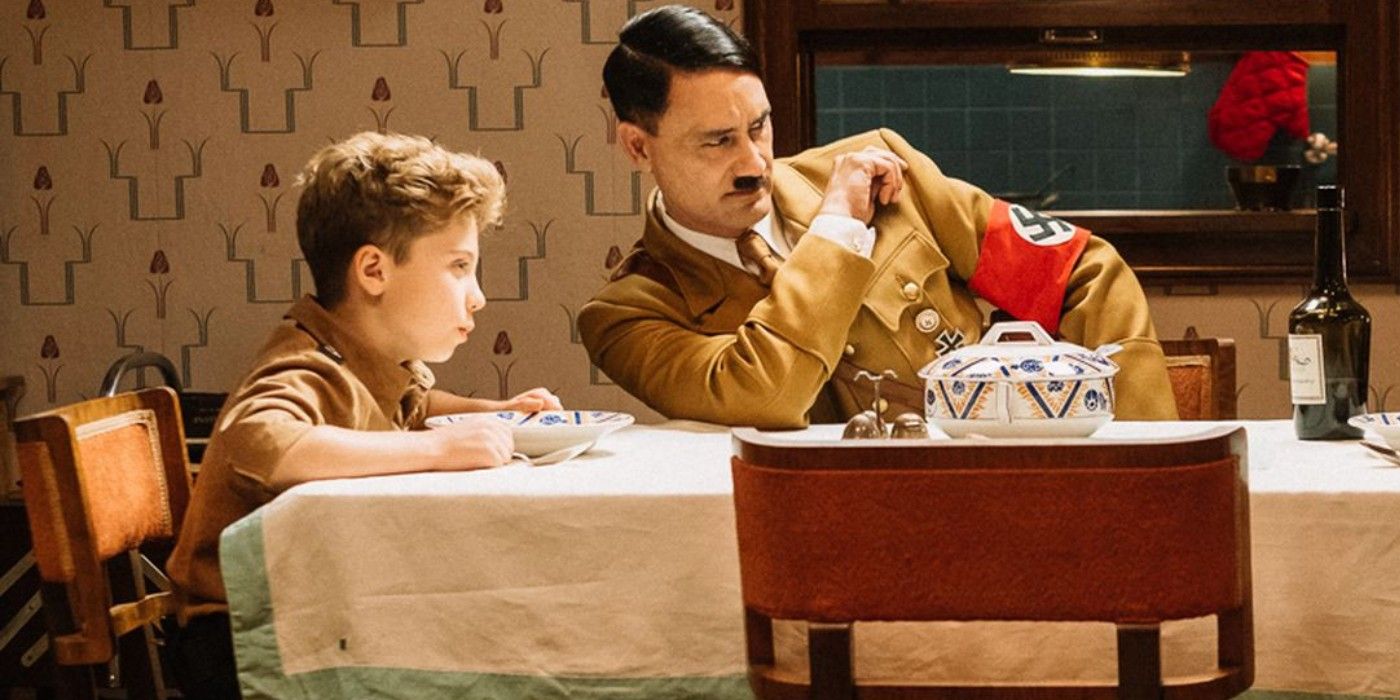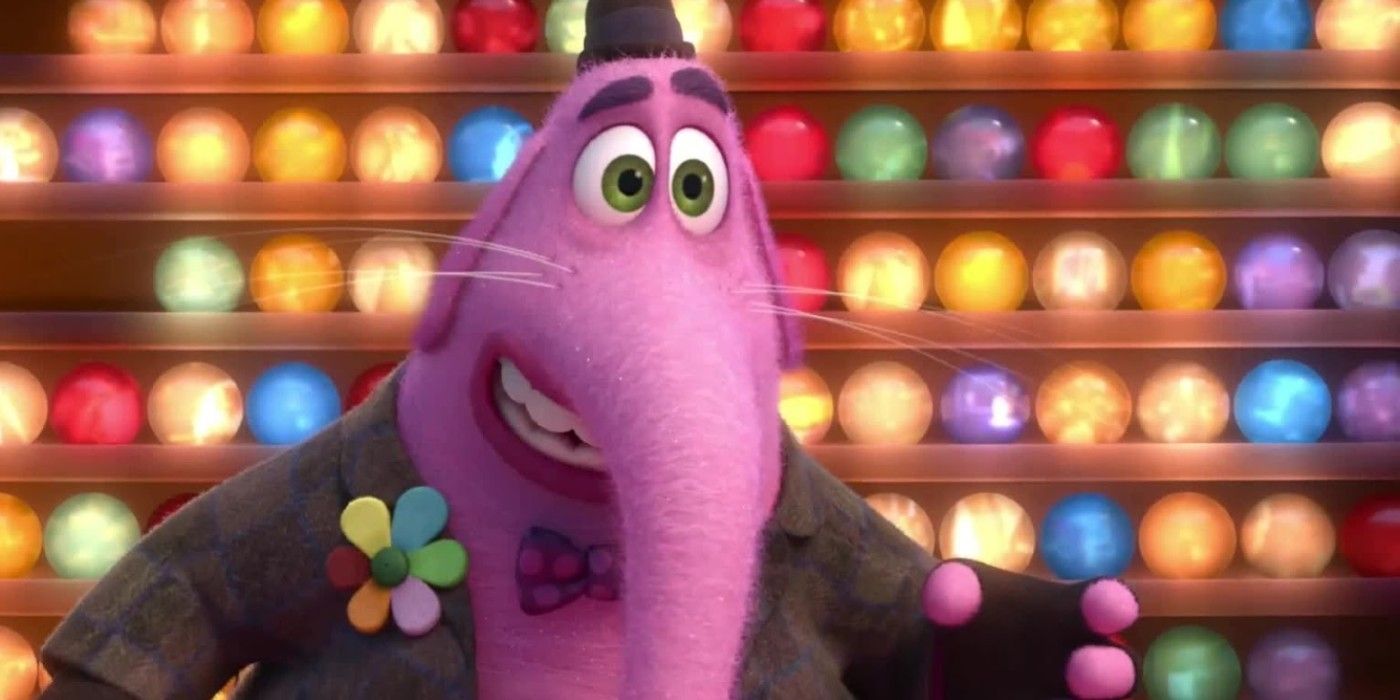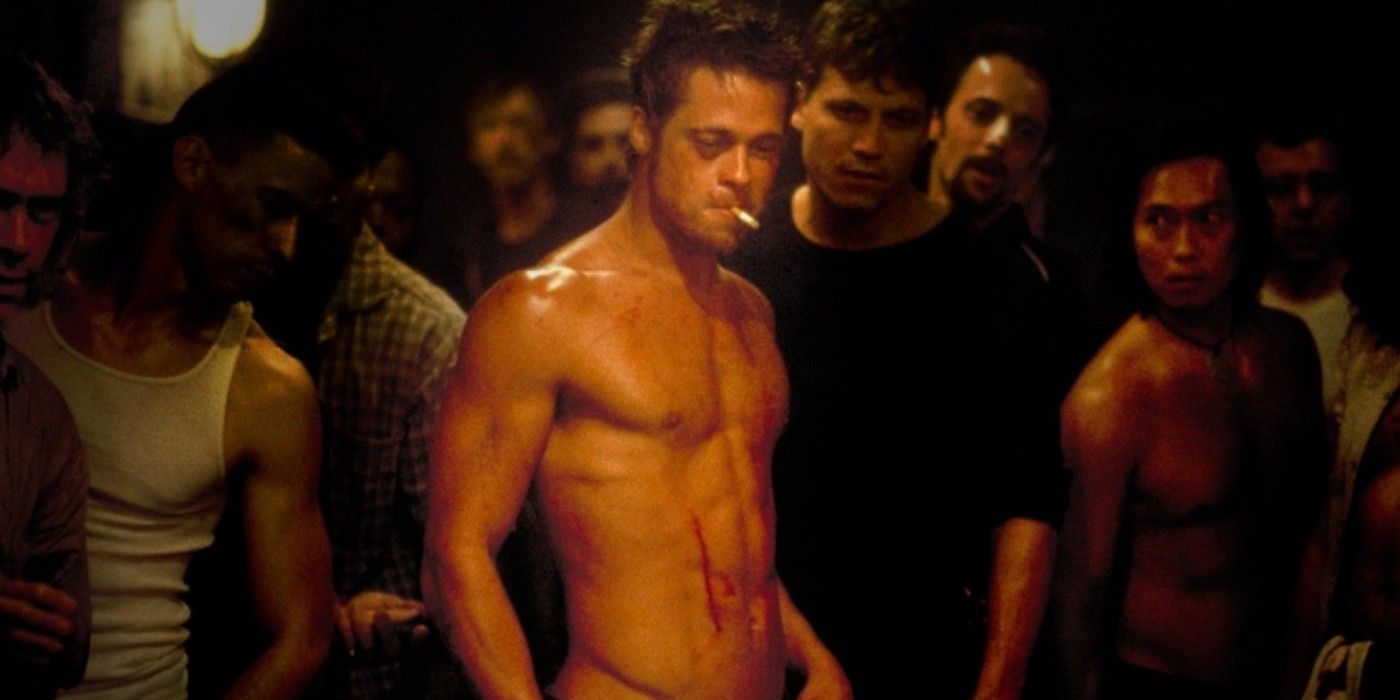Don’t lie; you had an imaginary friend or two when you were really young. There’s no shame in this, as it’s really just a symptom of an active imagination and a common part of growing up. So common, in fact, that it’s been used in films as well, whether to personify a kid’s creativity becoming literal or an adult character’s nostalgic childhood.
But just because they were born from a fictional character’s mind, that doesn’t mean these imaginary friends didn’t have a big impact – for better and worse. From a child’s make believe buddies to something insidious masquerading as such, these are the five best and five worst imaginary friends in the movies, ranked.
BEST: Drop Dead Fred (Drop Dead Fred)
Because he was such a nuisance that somehow had the ability to physically affect the world around him despite being Elizabeth's imaginary friend, Drop Dead Fred is trapped in a box until she accidentally unleashes him. Thing is, she grew up while Fred didn’t.
To help Elizabeth conquer her sadness, the incredibly loud and obnoxious Fred brings back their repertoire of childhood shenanigans. Things backfire quickly when his antics only lead to chaos. While his heart was in the right place, Fred’s pranks caused more harm than good, as he unintentionally waged a destructive and humiliating warpath just to make Elizabeth smile. At the very least, he gets points for trying.
WORST: Bosco & Mr. Whiskers (The Voices)
Jerry is a happy-go-lucky guy who doesn’t need anything more the company of his two best friends: the reasonable dog Bosco and the snarky cat Mr. Whiskers. Problem is, these guys exist only in Jerry’s head.
As things go from comically dark to downright disturbing, Jerry’s furry friends help him out in any sticky situation he finds himself in… including murder. Granted, they do give him tips on how to dispose of a body or two, but at least Bosco was always there to temper Mr. Whisker’s violent impulses. That, and they never suggested that another beheading was the cure for loneliness... that's the talking head's fault.
BEST: Charles, Marcee & Parcher (A Beautiful Mind)
John Nash is an introverted genius mathematician who makes three unlikely friends at Princeton University: Charles (a literature student), Marcee (Charles’ niece), and Parcher (a mysterious government agent). Through them, Nash finds the encouragement and support he’s always needed – even if they only exist as hallucinations.
While they never bore ill will towards Nash, they were still manifestations of his troubled mental health who only enabled him to skip medication. The more Nash spent time with them, the more his paranoid schizophrenia got worse. It was still sad to see Nash part ways with them, though.
WORST: Fats (Magic)
If you ever wondered how Arnold Wesker (aka The Ventriloquist) from the Batman comics would function in the real world, look no further than Magic. Here, the timid but talented ventriloquist Corky is about to make a literal killing with his dummy Fats. Problem is, Fats seems to have a mind of his own and won’t stop bugging Corky to murder people.
Fats is actually the mentally unwell Corky’s split personality and id, and only becomes more aggressive and spiteful as the movie goes on. By the end, Corky finds a way to put an extremely dangerous and manipulative Fats down for good, but at great cost.
BEST: Harrison, Penny, Milo, & Julia (Heart & Souls)
While they’re actually the ghosts of four passengers who died in a bus accident, Harrison (a nervous singer), Penny (a loving mother), Milo (a repentant thief) and Julia (a luckless waitress) introduce themselves as imaginary friends to a young Thomas. Through them, Thomas finds a second family and learns the fun of singing “Walk Like A Man.”
The four have nothing but love for Thomas, including the last time they spoke to him as a child due to a misplaced sense of caring. The whole movie could be seen as redemption for both the quartet and Thomas, who help each other move on from their current stagnation to better, new chapters in their respective (after)lives.
WORST: Frank (Donnie Darko)
As if Donnie Darko wasn’t unsettling enough, Frank’s mere presence is enough to turn the movie into a surreal nightmare. Standing around in a weird bunny suit, the deep-voiced Frank’s initial purpose in the movie was to either creep Donnie out or give him an existential crisis.
Later on, it’s revealed that Frank’s actions are actually his way of paying penance for accidentally running over Gretchen – the new student who has a thing for Donnie – in another timeline. This helps his case a bit, but that doesn’t change the fact that 1) he killed Gretchen and 2) he’s really f-ing creepy.
BEST: Wilson (Cast Away)
Wilson, Chuck’s only friend during his years-long stay on a remote pacific island, is possibly the most iconic imaginary friend in cinematic history. Aside from the fact that it has no quotable quotes, what makes Wilson unique among the friends here is that it’s just a volley ball with a handprint for a face.
To avoid going insane (or because he was already mad), Chuck talks to Wilson as if the ball were a real person, even having some heated arguments with it. By doing and saying absolutely nothing, Wilson actually helped Chuck maintain a semblance of sanity during his isolation. We could only imagine what Wilson would have said to Chuck. However, we know for a fact that we cried when Wilson was lost to the sea.
WORST: Adolf Hitler (Jojo Rabbit)
To get over his poor self-esteem, Jojo Betzler has none other than his best imaginary pal and hypeman to rely on: Adolf Hitler. While this whimsical unicorn-eating version of Hitler can be hilarious and zany, he is still the same hateful person who ushered in a decade of inhumanity that continues to influence the world for the worse.
Even ignoring the real-world evils he represents, Hitler was still a bad friend who encouraged a ten-year old child to be a terrible person in the name of Nazism. For a while, Jojo bought into the myths of manhood and racial superiority that Hitler espoused, only realizing that it was all stupid and hollow when it was too late.
Also, did we mention that Jojo’s imaginary friend is literally Hitler?
BEST: Bing Bong (Inside Out)
Bing Bong, Riley’s childhood imaginary friend, is possibly the most tragic friend here. When he’s first seen, Bing Bong is a goofy elephant who possesses powers and traits that only a child could dream up. Beneath his eccentric showmanship, however, is someone who fought fate even if he knew it was a losing battle.
After spending a good chunk of the movie trying to regain relevance in Riley’s life, Bing Bong realizes his cause is futile. Rather than cling on to the past, he sacrifices himself so that Joy could bring back happiness to Riley’s life and help her grow up. His undying love for Riley and his willingness to lose everything just for her are what make Bing Bong the best imaginary friend in movies. To date, Bing Bong literally fading away is one of Pixar’s most heartbreaking scenes and is known to make adults cry.
WORST: Tyler Durden (Fight Club)
On the flip side, there is no cinematic imaginary friend who’s as infamous as Tyler Durden, who is a literal male power fantasy. The unnamed protagonist of Fight Club is an unremarkable if normal everyday guy, and Tyler Durden is everything he wishes he was: intimidatingly charismatic, sexually dominant, perpetually angry, and addicted to inflicting and absorbing violence.
What makes Tyler the worst imaginary friend isn’t just that he’s the narrator at his worst (who even orchestrated a terrorist plot based on a juvenile anger against society), but that he’s also the perfect personification of toxic masculinity. Everything Tyler says and does is informed by the narrator’s insecurities, meaning the chaos of Project Mayhem would never have occurred if Edward Norton’s self-absorbed character got over himself.
The fact that many still look up to Tyler shows how dangerously infectious his brand of manhood is.

